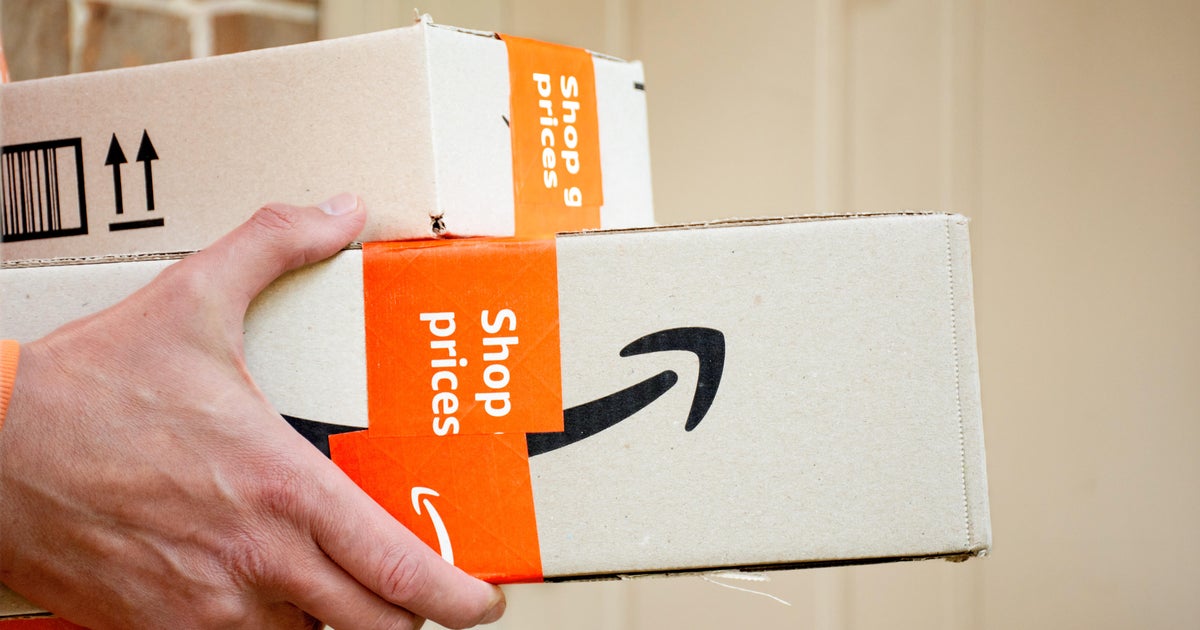American consumers are starting to feel the impact of President Trump’s tariffs on Chinese imports, especially online.
Since the second week in April, sellers on Amazon have raised their prices on nearly 1,000 products, according to data from SmartScout, a price analysis software tool. The average price hike — nearly 30%.
Costs rose on a wide range of items, from tech accessories such as phone charges to women’s clothing, SmartScout founder and CEO Scott Needham told CBS MoneyWatch. Anker, a top-selling brand on Amazon that sells mobile charging devices, has increased prices on roughly 25% of its products on the site, for example.
“It’s one of first concerted efforts I’ve seen where nothing explains the price hikes other than tariffs,” Needham said.
Tariffs are paid by importers, and they typically pass on much or even all of those additional costs to consumers. Amazon CEO Andrew Jassy told CNBC earlier this month that he expected U.S. tariffs to boost prices on a host of consumer goods.
The Trump administration has imposed tariffs of as much as 145% on Chinese imports, while China has retaliated with levies of 125% on U.S. goods entering the country. Mr. Trump has long accused China of unfair trade practices, saying that tariffs will reinvigorate the domestic manufacturing sector and spur economic growth.
Other major e-commerce players and retailers have also lifted prices to offset higher import costs, sometime by adding “tariff surcharges” to customers’ bills. Chinese e-commerce sites Shein and Temu each announced last week that they would hike prices after the U.S. closed a loophole that had allowed goods worth less than $800 to enter the U.S. duty-free.
Those price hikes took effect today. On Temu’s site, a pair of running sneakers that last week cost $14 now runs about $27.
The jump illustrates retailers’ struggles to navigate President Trump’s tariff agenda. Sky-high tariffs can make manufacturing goods in countries like China uneconomical. But revamping supply chains or moving manufacturing to another country can take years and cost hundreds of millions or even billions dollars, experts say.
Uncertainty over tariff rates and how long such levies could remain in place is also making it difficult for companies to plan.
Mr. Trump said this week that the U.S. and China were actively negotiating over how to resolve their trade differences and that he expected tariffs on Chinese imports to fall “substantially.” But officials in Beijing quickly denied the sides were in talks, and instead reiterated its demand that the U.S. revoke its tariffs against the nation.


